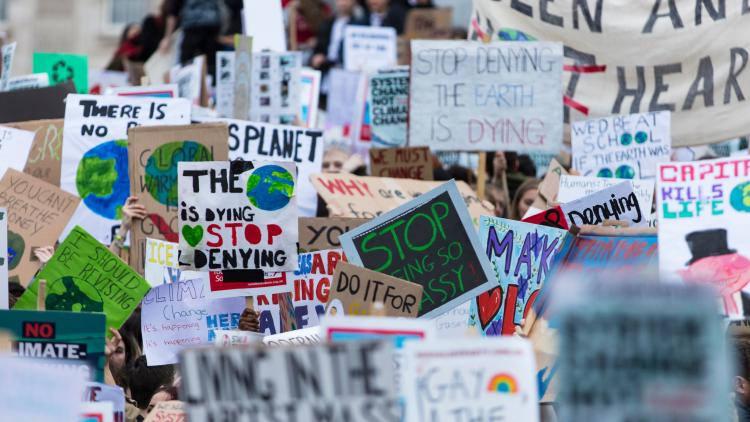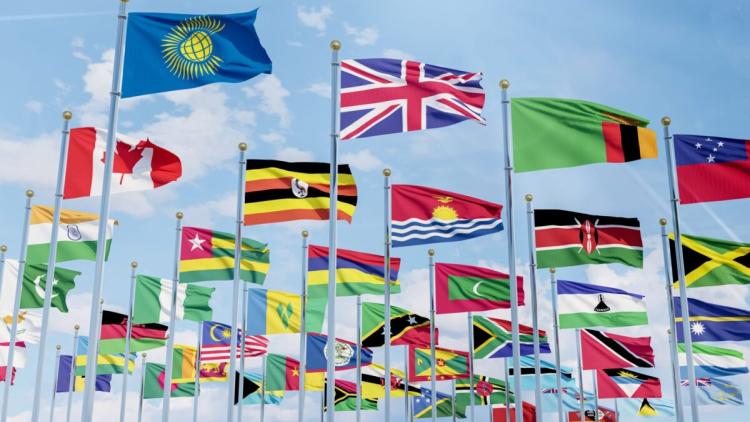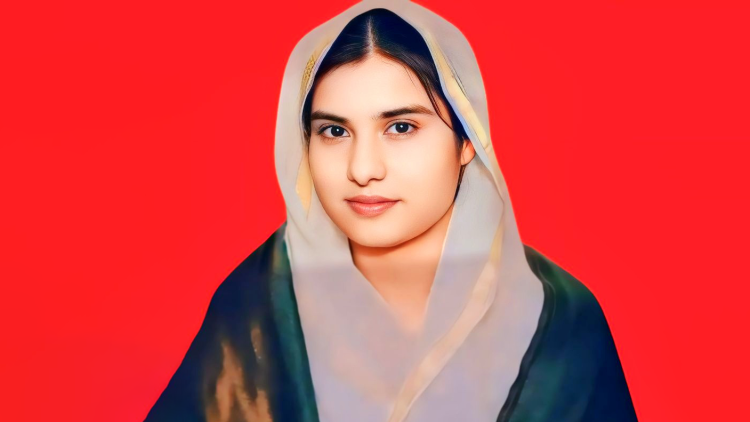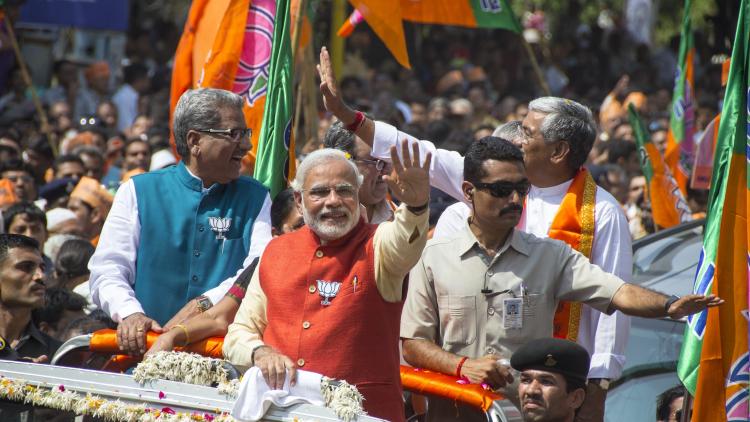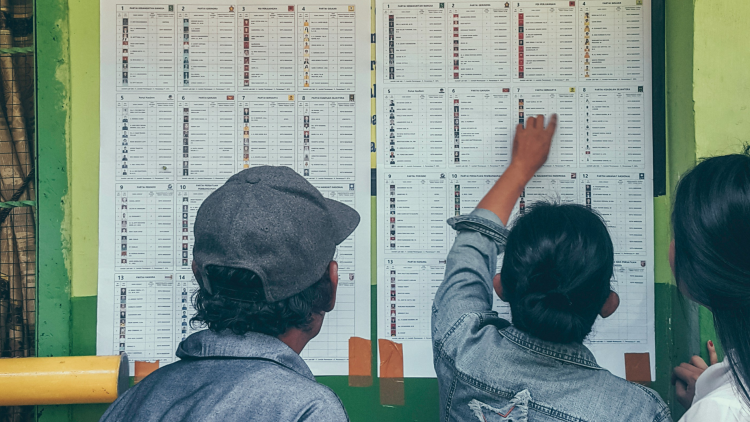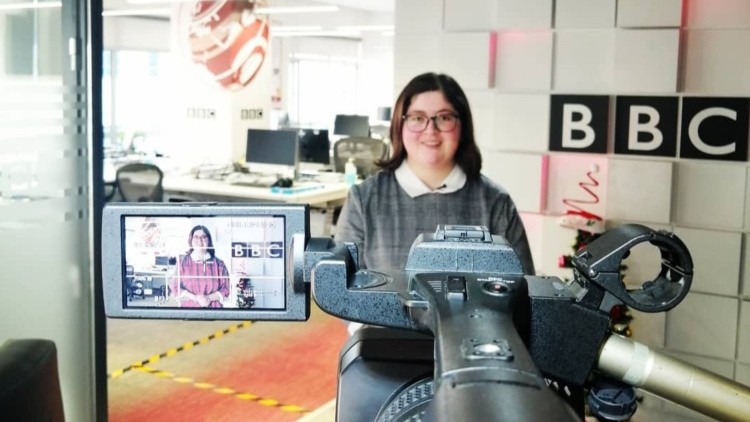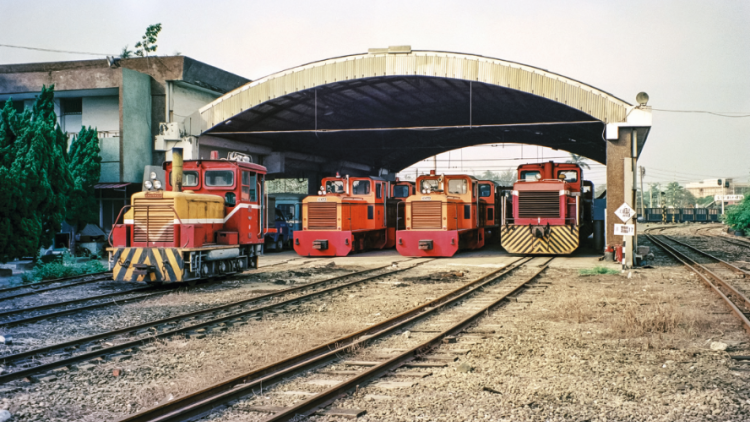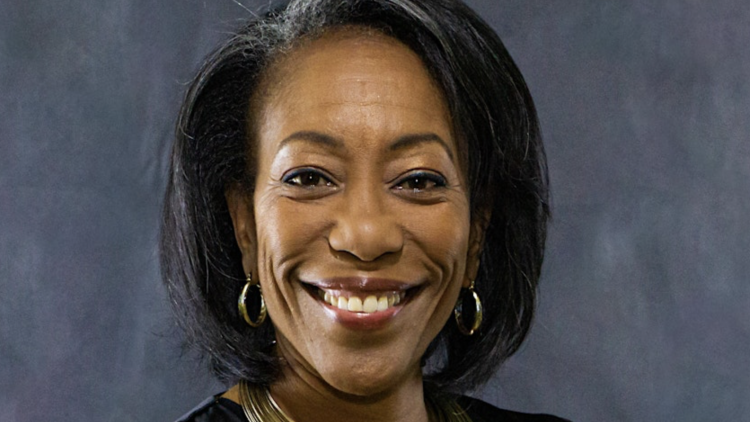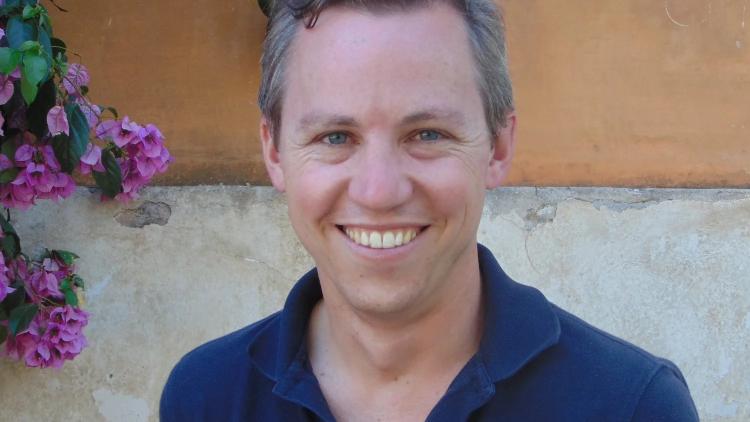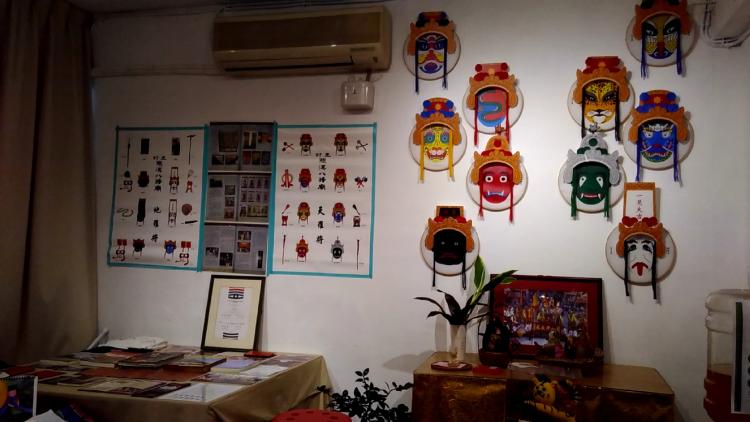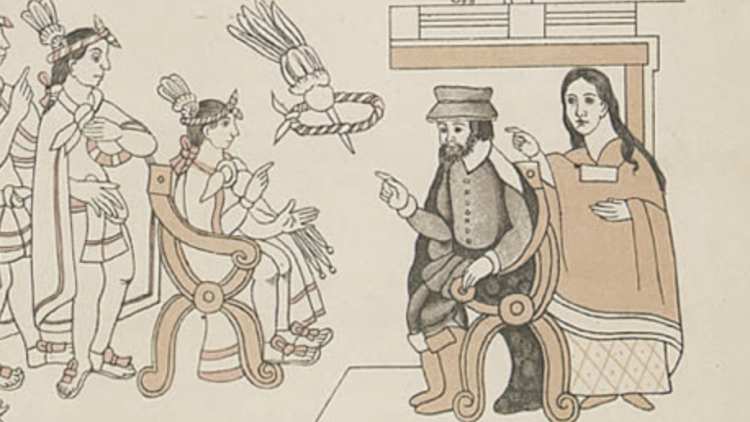MSc Politics and International Relations (Southeast Asia)
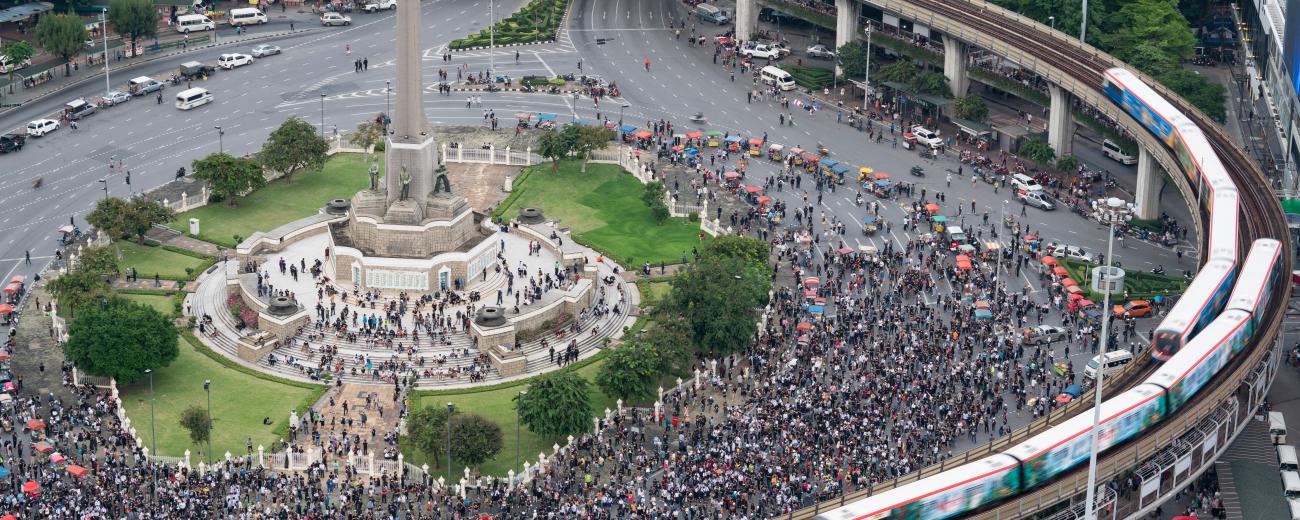

Key information
- Duration
- 1 year
- Start of programme
- September
- Attendance mode
- Full time or part time
- Location
- Campus
- Fees
-
Home: £12,965
International: £25,320 - Course code
- PGTF0273
- Entry requirements
-
We will consider all applications with a 2:2 (or international equivalent) or higher in a relevant subject.
In addition to degree classification in a relevant subject we take into account other elements of the application such as the supporting statement. References are optional, but can help build a stronger application if you have non-traditional qualifications.
Course overview
MSc Politics and International Relations (Southeast Asia) applicants shoud apply for MSc Politics and International Relations but can decide to follow the Southeast Asia pathway upon arrival by choosing the pathway's required combination of modules.
The Southeast Asia pathway offers a multi-faceted exploration of politics in a dynamic and crucial global region. In conjunction with the SOAS Centre for Southeast Asian Studies, the pathway encourages a detailed analysis of Southeast Asian domestic and international politics, not just from a macro-level perspective, but also with reference to the intricacies that shape political life in individual states.
The interplay of historical experience, cultural ethos, and evolving social and global paradigms is highlighted to show how particular nations have charted their own unique political journeys. Special attention is paid to the effect of increasing global interconnectivity on local political dynamics, from nationalism and urban development to the politics of ethnicity, culture, gender, and religion. Pulling away from a broad-brush approach, the curriculum delves deeply into the experiences of Malaysia, Singapore, Indonesia, Thailand, Myanmar, Vietnam, Cambodia, the Philippines, and Timor Leste.
This ensures that learners gain a holistic understanding of social and political practice, policy formulation, and international affairs across the region, as well as a nuanced appreciation for key political trends, both formal and informal, within individual states.
The MSc Politics and International Studies is designed to train students in research skills to the level prescribed by the ESRC's research training guidelines. As a result, students are eligible for ESRC funding if they plan to study for our MSc degree followed by a PhD in our department.
Why study MSc Politics and International Relations (Southeast Asia) at SOAS?
- We’re ranked 6th in the UK and 28th worldwide for Politics (QS World University Rankings 2025)
- We’re ranked 3rd globally for Academic Reputation (QS World University Rankings 2025)
- We're ranked 6th in the UK for Asian Studies (Complete University Guide 2025)
- SOAS is unique - our global student body, multi-disciplinary approach, critical and questioning attitude contribute to a vibrant learning environment that stretches students beyond the focus on basic ‘skills training’
- Eligibility for ESRC funding for students who want to follow their MSc degree with a PhD
Study Tours
All postgraduate students can take part in our Study Tours and explore the world. This year’s destinations are New Delhi, Lahore, Seoul, Luang Prabang, Almaty and Bishkek, Kigali, Johannesburg, and Doha. For more information, see our Study Tours page. We recommend the tour to Luang Prabang for this course.
Structure
Students take taught modules to the value of 120 credits plus a 10,000 word dissertation worth 60 credits.
Important notice
The information on the website reflects the intended programme structure against the given academic session. The modules are indicative options of the content students can expect and are/have been previously taught as part of these programmes.
However, this information is published a long time in advance of enrolment and module content and availability is subject to change.
Core modules
Guided options
Students select up to 45 credits of guided options.
Politics options
Students select 15-60 credits depending on your choices from the guided options list.
Open options
Students can take a maximum of 30 credits from the School-wide open options list, including languages.
Teaching and learning
Lectures
Most modules involve a 50-minute lecture as a key component with linked tutorial classes.
Seminars
At Masters level there is particular emphasis on seminar work taking place in two-hour sessions. Students make full-scale presentations for each unit that they take, and are expected to write papers that often require significant independent work.
Dissertation
A part of the requirement for the degree is given over to the writing of an adequately researched 10,000-word dissertation. Students are encouraged to take up topics which relate the study of a particular region to a body of theory.
Learning resources
SOAS Library is one of the world's most important academic libraries for the study of Africa, Asia and the Middle East, attracting scholars from all over the world. The Library houses over 1.2 million volumes, together with significant archival holdings, special collections and a growing network of electronic resources.
Employment
SOAS Politics and International Relations students leave SOAS not only with a knowledge and understanding of the complex political and cultural issues of our time, but also with a portfolio of widely transferable skills which employers seek in many professional and management careers.
Recent graduates have been hired by:
- BBC World Service
- Bloomberg
- British Red Cross
- British Council
- Center for International Peace Operations
- Channel 4
- Council for At-Risk Academics (CARA)
- Eversheds LLP
- Financial Times
- Foreign, Commonwealth and Development Office (FCDO)
- Global Policy Institute
- Go East Consulting
- Grassroot Diplomat
- Palestine Red Crescent Association
- Save the Children
- UNICEF Ethiopia
- United Nations
Find out about our Careers Service.
